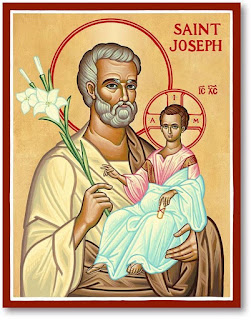(Minor spoilers here.)
The Mandalorian is the first live-action Star Wars story created for a series format and is a great success for the Disney streaming service. Borrowing from the Western and Samurai genres, creator Jon Favreau (Iron Man films) sets the series five years after the fall of the Empire (Episode six--Return of the Jedi) and prior to the emergence of the First Order (Episode seven--The Force Awakens).
As I have noted in previous blogs, creator George Lucas intended the Star Wars universe to provide a mythology for our times. The themes he embedded in his films were primal ideas--the hero’s journey, for example. In like manner, many observers have identified various theological concepts in these movies as well. Such ideas emerge in this new series as well.
The title character (Pedro Pascal) is a loner, a bounty hunter with a heart. The breakout character, however, is the Child. A member of the same species as Jedi Knight Yoda, he is referred to by fans as “Baby Yoda” and already manifests the power of The Force. Early in the series, the Mandalorian accepts a bounty assignment to find the Child but ultimately becomes his protector.
Here is where the theological perspective comes in. Some were quick to identify the Mandalorian as John the Baptist who prepares the way for the Messiah figure, that is, the Child. I will concede that the Child may well be a Messiah of sorts, but I think it is more appropriate to think of the Mandalorian as Joseph, the earthly father of Jesus.
There are several reasons.
First, the Mandalorian protects the Child from harm (even though the Child sometimes reciprocates) as Joseph protected the Christ child and his mother by fleeing to Egypt. Just as Herod sought to slay the infant, various characters in the series--The Client (Werner Herzog), Dr. Pershing (Omid Abtani), and Moff Gideon (Giancarlo Esposito)--either want to assassinate the Child or use him for their own schemes.
Second, the Mandalorian, like Joseph, acts entirely on faith in choosing to defend the child. Joseph’s faith is based on angelic assurance, but Mando simply decides saving the Child’s life and protecting him are the right things to do. He is acting in faith.
Third, just as Joseph certainly raised Jesus to be a good Jewish boy by modeling the practices of the faith, probably including doing good works for others, the Mandalorian provides an example of supporting noble causes such as helping villagers who under attack by mercenaries. Both set a good example for their young ones to follow.
Of course, all this is very speculative. This is just the first season telling the story of the Mandalorian and the Child, but I suspect that they are bound together now. As we learn more about one, we will discover more about the other. We will also find how their interaction changes each.


Comments